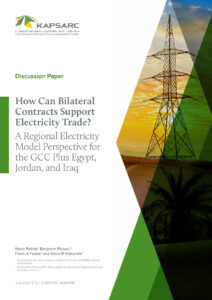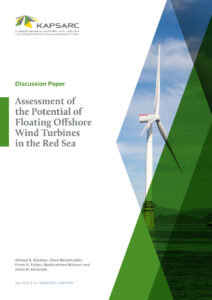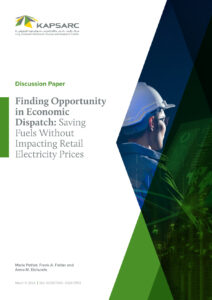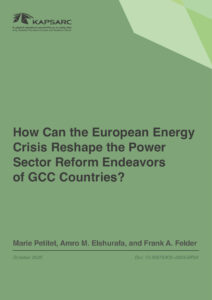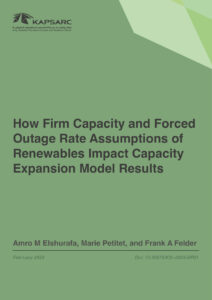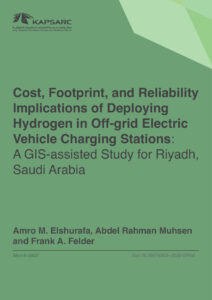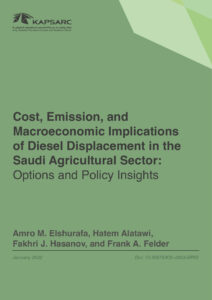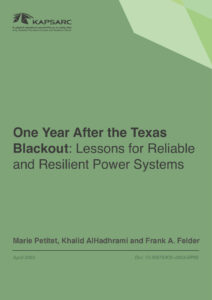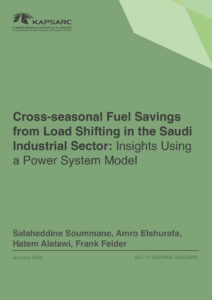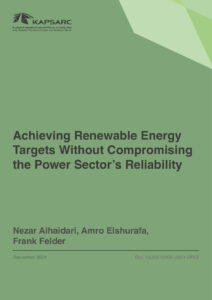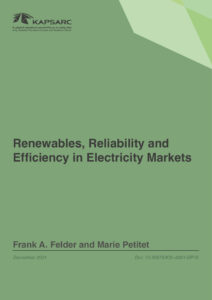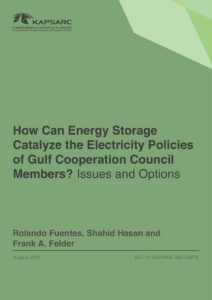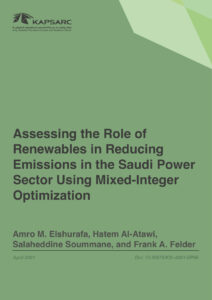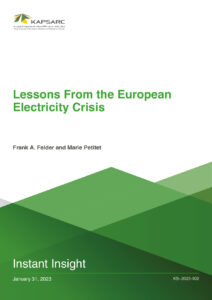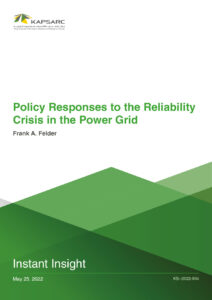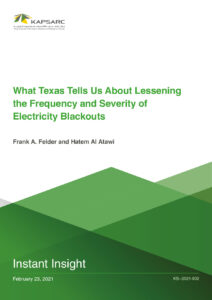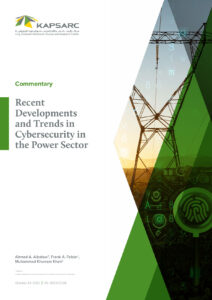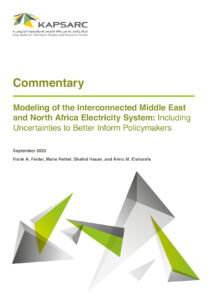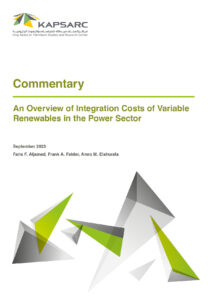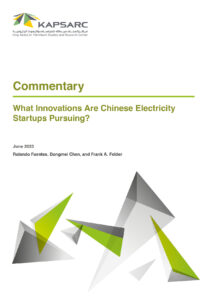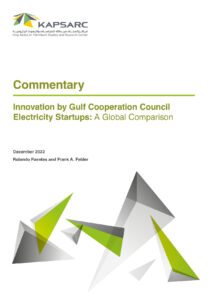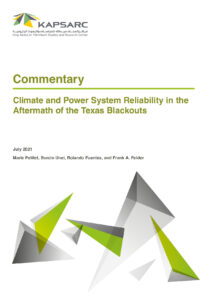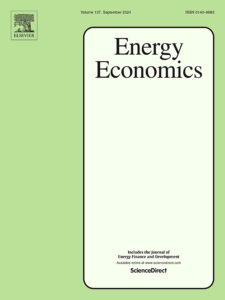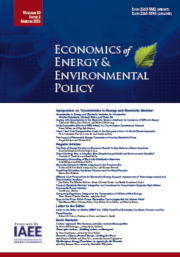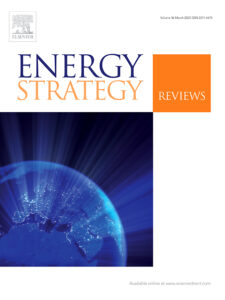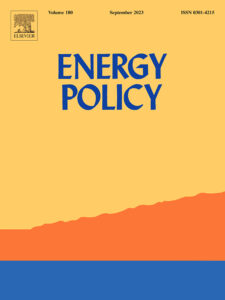Frank is an engineer, energy policy analyst, and was a visiting researcher at KAPSARC. Prior to joining KAPSARC, Frank was a Research Professor at the School of Planning and Public Policy at Rutgers University, Director of the Rutgers Energy Institute, and Director of the Center for Energy, Economics and Environmental Policy. In those roles, he conducted original and applied research in the areas of electric power system modeling, clean energy policies, and climate change for academic foundations, government agencies, and energy utilities. He has also worked as an economic consultant and nuclear engineer.
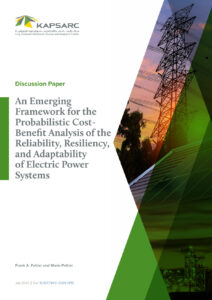
An Emerging Framework for the Probabilistic Cost- Benefit Analysis of the Reliability, Resiliency, and Adaptability of Electric Power Systems
Probabilistic cost-benefit analyses of the reliability, resiliency, and adaptability of electric power systems can inform policymakers on how to efficiently reduce the frequency, magnitude, duration, and costs of power outages; how to cost-effectively improve the integration of variable and intermittent renewables; and how to enhance equitable outcomes. The elements needed for these analyses are available, and the computations are reasonably tractable due to the rapid improvements in the computational ability to conduct tens of thousands of detailed power system simulations quickly.
7th July 2024
